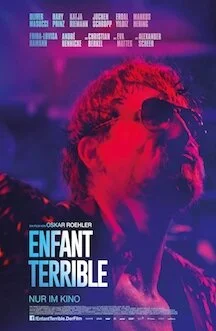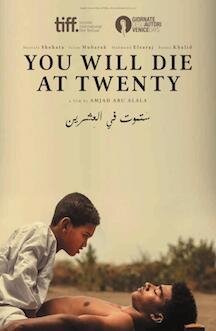Direction: Teona Strugar Mitevska
Country: Macedonia
The opening shot of God Exists, Her Name is Petrunya, the fifth feature from Macedonian filmmaker Teona Strugar Mitevska (I Am From Titov Veles), struck us with its force and energizes us with the punk music that invades it. Also of an enormous strength is the film’s central character, Petrunya (Zorica Nusheva), a 32-year old unemployed historian who provokes a national scandal after impulsively taking part in a sacred traditional ceremony reserved only for men.
The case involves both the church and the police directly as well as a frustrated female TV reporter (Labina Mitevska), who not only sees an opportunity to stand out but also to call the attention of the public for the country’s deeply ingrained misogyny and sexism.
In parallel, the film portrays Petrunya’s toxic relationship with her unsupportive mother, Vaska (Violeta Sapkovska), who makes everything tenser. These mother-daughter brawls can easily slip from verbal to physical aggressions.
Mitevska, who collaborated with Elma Tataragic (Stitches; Snow) in the screenplay, based herself on a true story, assembling a promising satire whose whole fails to be greater than its uneven parts. It only pays off intermittently with some humorous insubordinations and the vision of furious, silly men hurt in their egos, but other scenes are unnecessarily spoiled by a clumsy playfulness or, like during its final stage, with a disordered arrangement that is anything but convincing.








































